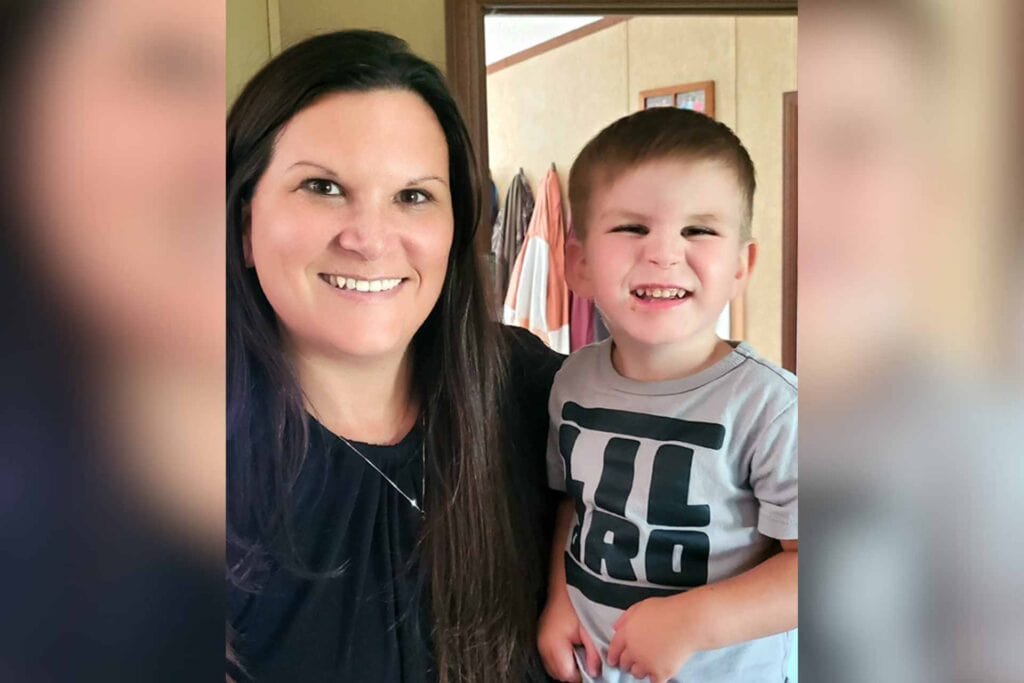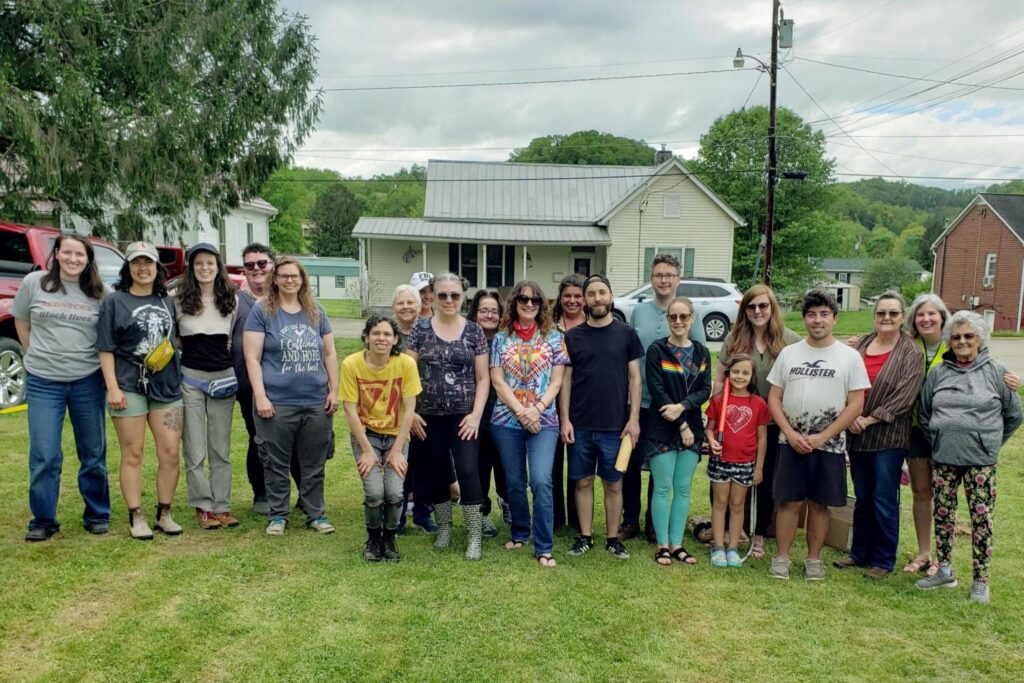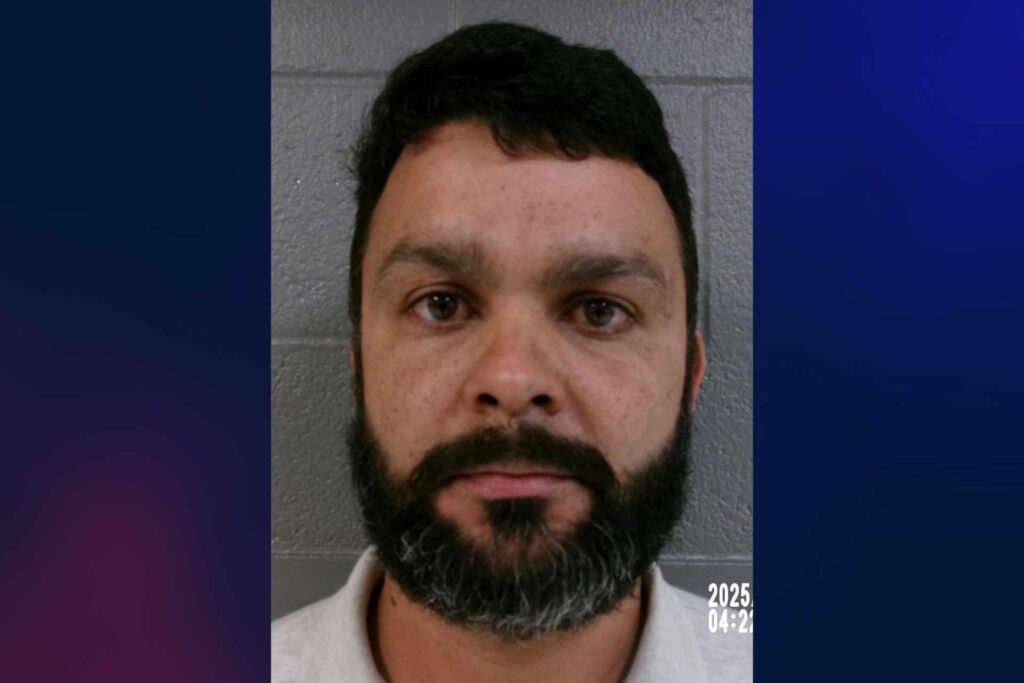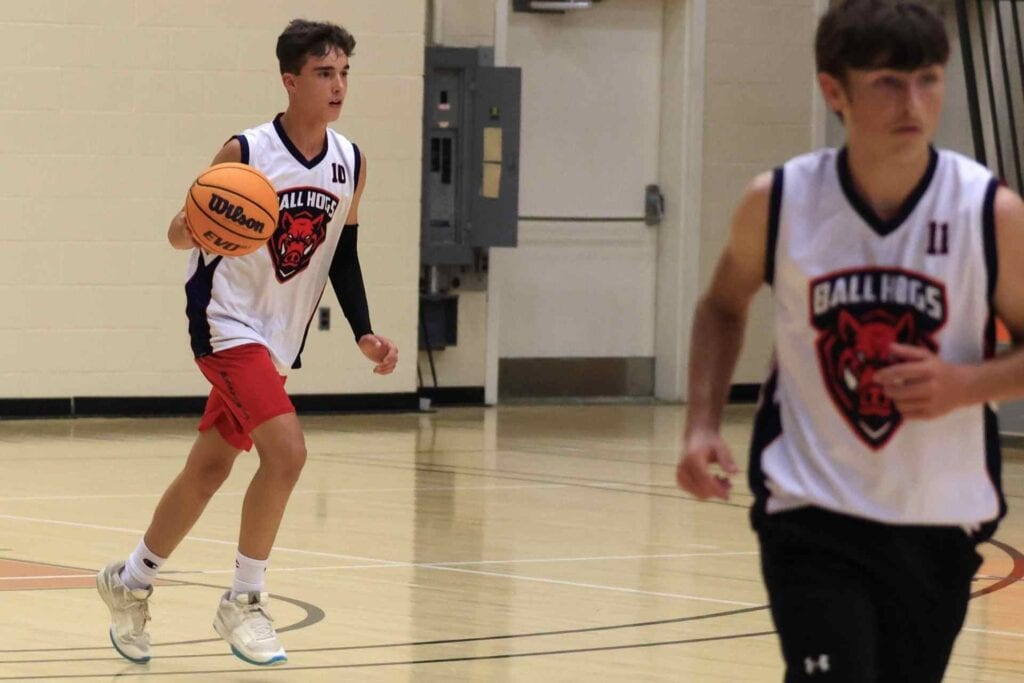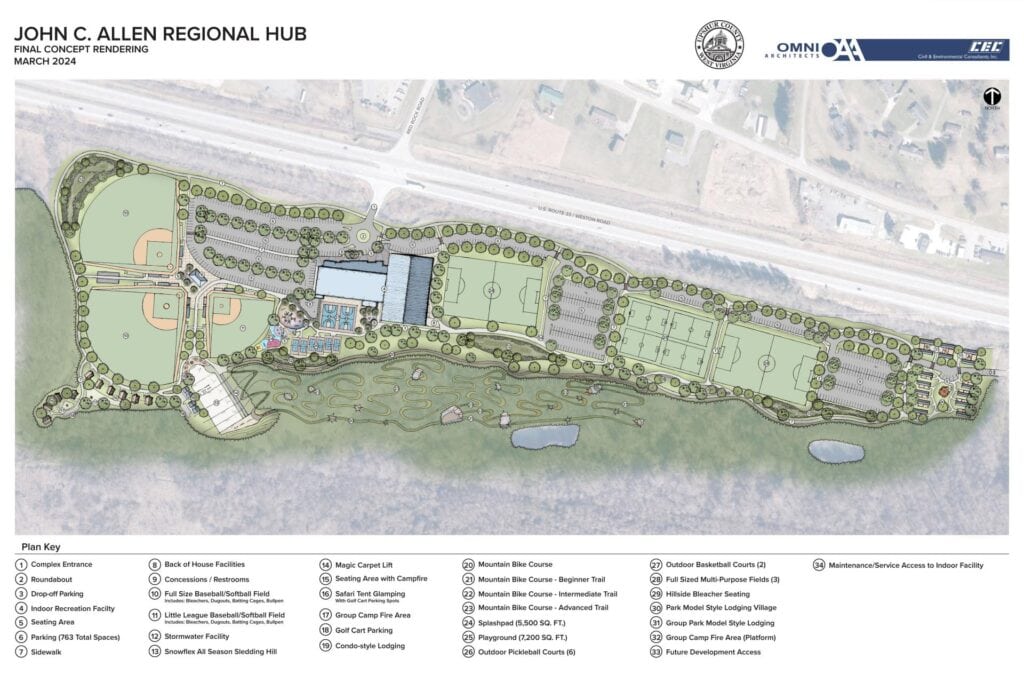MORGANTOWN, W.Va. – WVU Medicine is celebrating the success of its barrier-breaking telemedicine program during Telehealth Awareness Week, recognized Sept. 17-23.
Though WVU Medicine began implementing telehealth in the 90’s, the structured program in place today started taking shape in 2017 with stroke care being delivered in inpatient and emergency department settings, a dedicated pediatric specialty clinic in Martinsburg, and clinic-to-clinic services for Nephrology, Pediatric Neurology, and the WVU Heart and Vascular Institute.
More than 5,200 patients were seen in 2017. As the program has grown, so have patient volumes with more than 270,000 patients seen during the 2022 calendar year.
John Brick, M.D., WVU Medicine neurologist, saw the WVU Stroke Center Telestroke program through the WVU Rockefeller Neuroscience Institute as a necessary upgrade for the region.
“Before telemedicine, stroke care throughout the state needed some improvement. Our Telestroke program is a dream come true,” he said. “Imagine living in a small, rural area and your mom is having a stroke. Once the family realizes a specialist is calling from Morgantown, you can see the relief on the family’s faces.”
Stroke patients are not the only ones who benefit from the WVU Medicine Telehealth program. With a presence in all 55 West Virginia counties and 17 counties in neighboring states, access to expert urgent, primary, and specialty care is readily available to patients of all ages.
Amanda Meadows, F.N.P.-C., learned first-hand the inconveniences that come with traveling for specialty care through her son Kaden’s health journey. During a prenatal appointment, Meadows was informed that her son had double right ventricular outlet syndrome (DORV) and kidney issues and would need heart surgery and specialty care as he grew. A chromosome abnormality was determined to likely be the cause of his medical issues.
Initially, the family was traveling four hours each way to Morgantown and back every two weeks for Kaden’s appointments.
“I told my husband, ‘We need this here at home,’” Meadows said.
Shortly after that conversation, they were told Kaden’s care could be managed through a telemedicine clinic in Summersville, a location much closer and easier for the family.
“It made such a difference,” Meadows said. “We were able to go from driving up every couple of weeks to every six months instead.”
Meadows is now the provider at the telemedicine clinic at Mercer Medical Group in Princeton, where she assists approximately 80 patients each month with their appointments.
“It has been such a great impact for the parents and families that come to the clinic,” she said. “Some families drive two hours to our clinic, so it would be six hours to Morgantown.”
Her personal knowledge of the telemedicine program is something she readily shares with the patients, families, and providers in her area.
“I can tell them, ‘My son is cared for in this system by many of these providers.’”
Now 3-years-old, Kaden has received treatment from nine specialties within WVU Medicine.
As for the future of the Telemedicine program, Lauren Latsnic, telemedicine coordinator, anticipates continued advancement and expansion.
“Our telemedicine program at WVU Medicine is an amazing accomplishment,” she said. “Our providers are meeting patients where they are and giving them the care that they both need and deserve. Telemedicine is here to stay, and it is integral to the care we are providing to our patients.”
For questions regarding telemedicine operations, email telemedicinequestions@wvumedicine.org.
For more information on WVU Medicine Telemedicine, visit WVUMedicine.org/Telemedicine.
